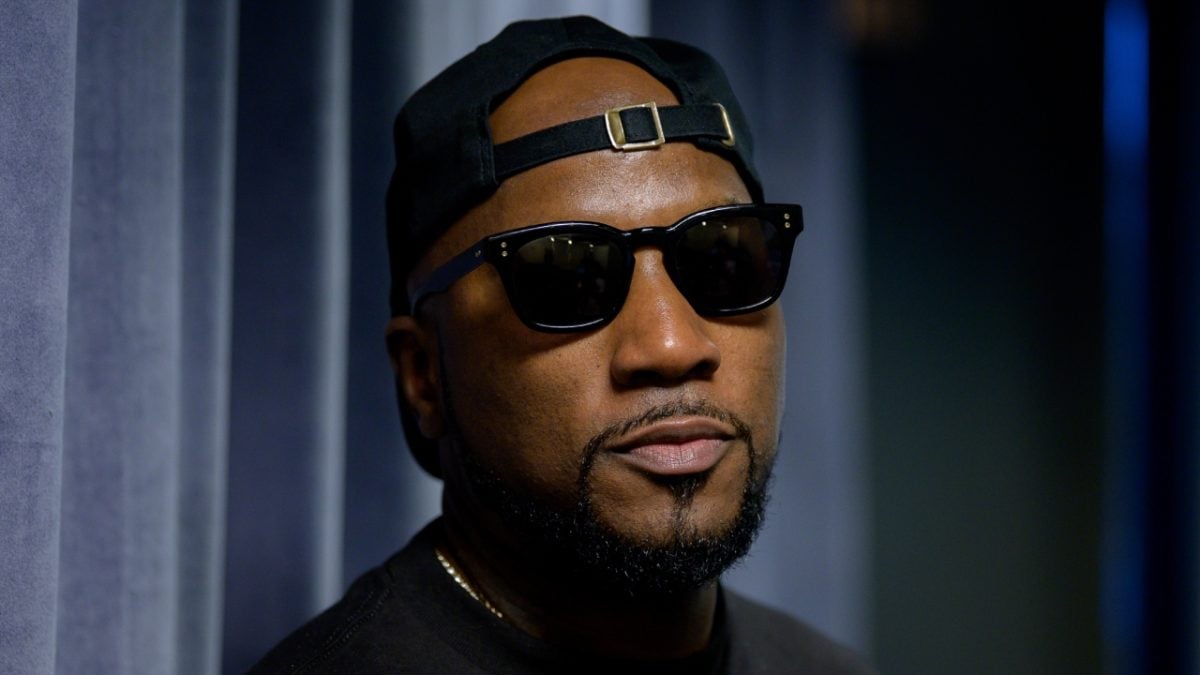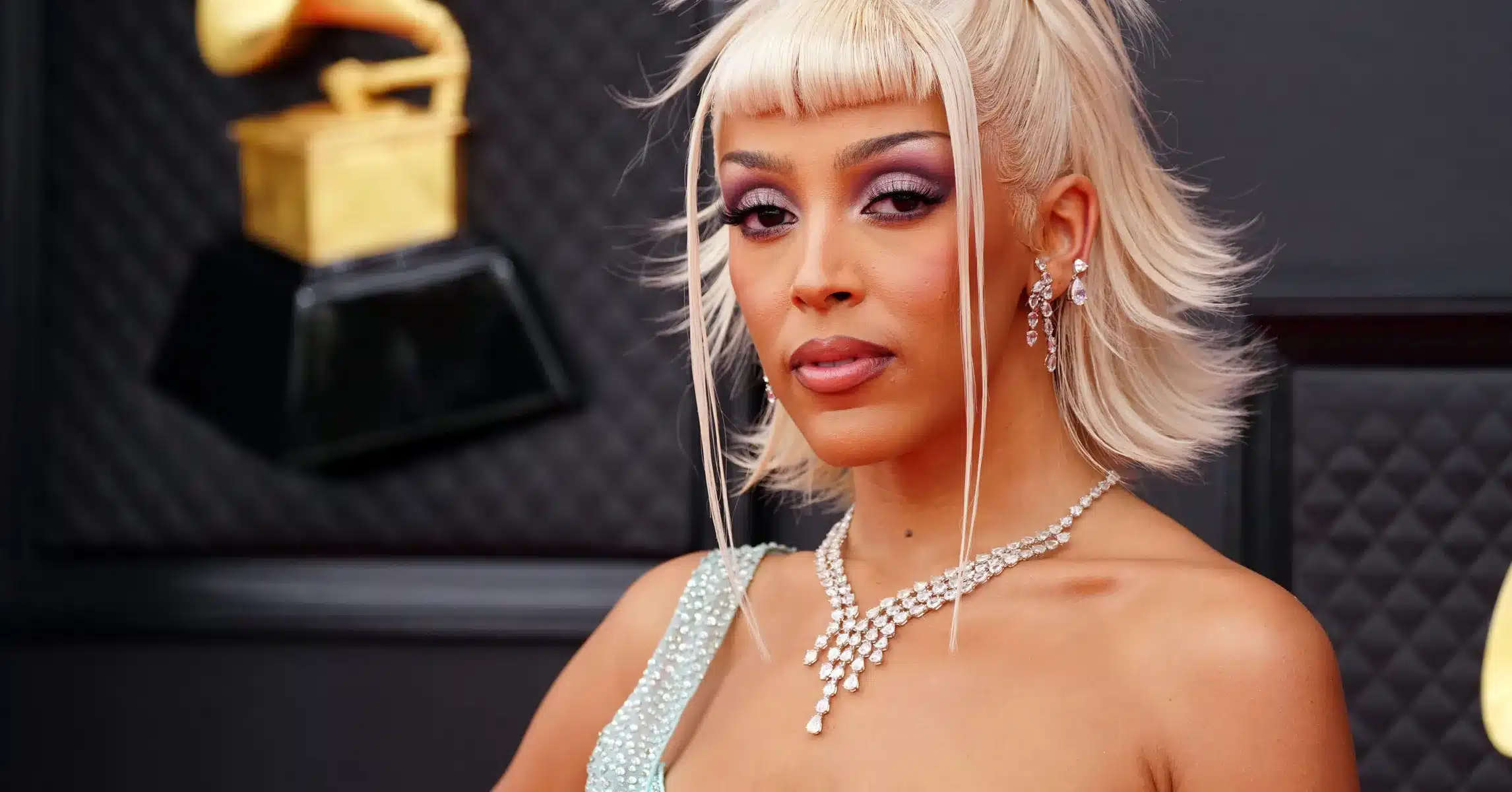The use of the N-word in hip-hop and popular culture is a hot-button issue. It’s a topic with deep roots and passionate opinions on all sides.
This conversation is about more than just a word; it’s about cultural identity, respect, and the evolution of language in a diverse society.
Toronto’s Scene and the Word Controversy
In Toronto’s hip-hop scene, the debate over who can use the N-word is heated. It revolves around individuals like Cita Cromas, who has stirred controversy by using the word. Despite facing backlash, many in Toronto’s community seem indifferent, raising questions about cultural sensitivity and the word’s impact.
Public reactions vary, with some online voices calling for restraint. The complex dynamics of cultural identity and freedom of expression are at play. In many cases, the debate extends to whether non-Black artists should have the freedom to use the N-word in music and social media, reflecting the ongoing discussion about its significance.
While some artists and influencers seem unbothered, others see it as a point of cultural integrity. The discussion brings to the forefront how deeply entrenched the N-word is in hip-hop culture and whether its casual use normalizes racial ignorance. The conversation continues, with strong opinions on all sides.
Cultural Clash and Online Debates
The controversy surrounding Cita Cromas was amplified through social media platforms like Twitch. Clips of heated exchanges highlight the tension when non-Black individuals use the word. These instances often lead to significant online discourse, reflecting broader societal issues of race and language.
Viewers on platforms like Twitch and YouTube have witnessed Cita Cromas in discussions with public figures. Reactions range from criticism to defense of her actions. These discussions typically revolve around cultural appropriation and the perceived right of non-Black individuals to use culturally significant language.
In several clips, the debate unfolds with non-Black participants defending their stance. Others challenge them, posing critical questions about heritage and respect. This dialogue reveals the layered complexities of racial identity and the enduring influence of American culture on words traditionally deemed offensive.
The Role of Popular Figures
Popular figures play a significant role in shaping the discourse around controversial topics. Cita Cromas’s engagement with prominent personalities, like Charleston White, highlights this dynamic. Their interactions often spark broader discussions among fans and followers.
The influence of public figures extends beyond immediate interactions, impacting the narratives within hip-hop culture. They can either bridge cultural gaps or exacerbate racial tensions. The responsibility these figures carry in their platforms is immense, shaping public perceptions and potentially influencing societal norms.
Through conversations with influential figures, issues like who can use the N-word gain visibility. This spotlight can lead to increased awareness or, conversely, add fuel to cultural misunderstandings. Popular figures are thus seen as both mediators and agitators in such discussions.
Historical Context of the N-Word
The N-word’s history is deeply rooted in racial oppression and derogation. Yet, in contemporary use, it has evolved, especially within hip-hop culture, where its meaning can shift significantly. This transformation creates a complex web of opinions on its use.
While some use it as a term of endearment, its historic weight is undeniable. The word’s origins stem from a painful past, making its casual usage controversial. Understanding this history is crucial in ongoing discussions about its place in modern lexicon.
As hip-hop culture globalizes, the debate over the N-word’s usage extends beyond the United States. Other countries, including Canada, navigate these contentious waters, reflecting their own social and racial landscapes. The globalization of its use remains a sensitive topic steeped in historical context.
Generational Shifts in Attitudes
There is a noticeable generational shift in how the N-word is perceived. Younger audiences growing up with hip-hop often see the word differently than older generations who experienced its derogatory use firsthand.
This shift can lead to generational conflicts, as younger people might adopt the word more freely. The lack of firsthand experience with its oppressive history can result in a disconnect with older voices who emphasize its painful past.
Efforts to bridge this generational gap are essential in fostering understanding. By engaging in intergenerational dialogue, communities can work towards a common understanding of respect and cultural sensitivity, addressing differing perceptions of the N-word.
Educational Perspectives on Language
Education plays a vital role in shaping perspectives on language use. Discussions around the N-word underscore the importance of cultural and historical awareness in schools and communities.
Educators have the responsibility to foster respectful conversations about language. By integrating historical context into education, teachers can help students understand the implications of words like the N-word, promoting empathy and social awareness.
Through education, future generations can develop the tools needed to navigate complex cultural conversations. This proactive approach aims to reduce ignorance and encourage a more respectful discourse around contentious topics in society.
Conclusion
The ongoing debate about the N-word in hip-hop culture highlights the intricate layers of cultural significance and racial identity. This discourse continues to evolve, reflecting broader social dynamics.
As discussions persist, the emphasis remains on education and respect. The future of this conversation depends on a collective willingness to understand and respect cultural nuances and histories.
The ongoing debate about the N-word in hip-hop culture highlights the intricate layers of cultural significance and racial identity.
As discussions persist, the focus should remain on education and respect, aiming for a future where cultural and linguistic sensitivities are better understood.




